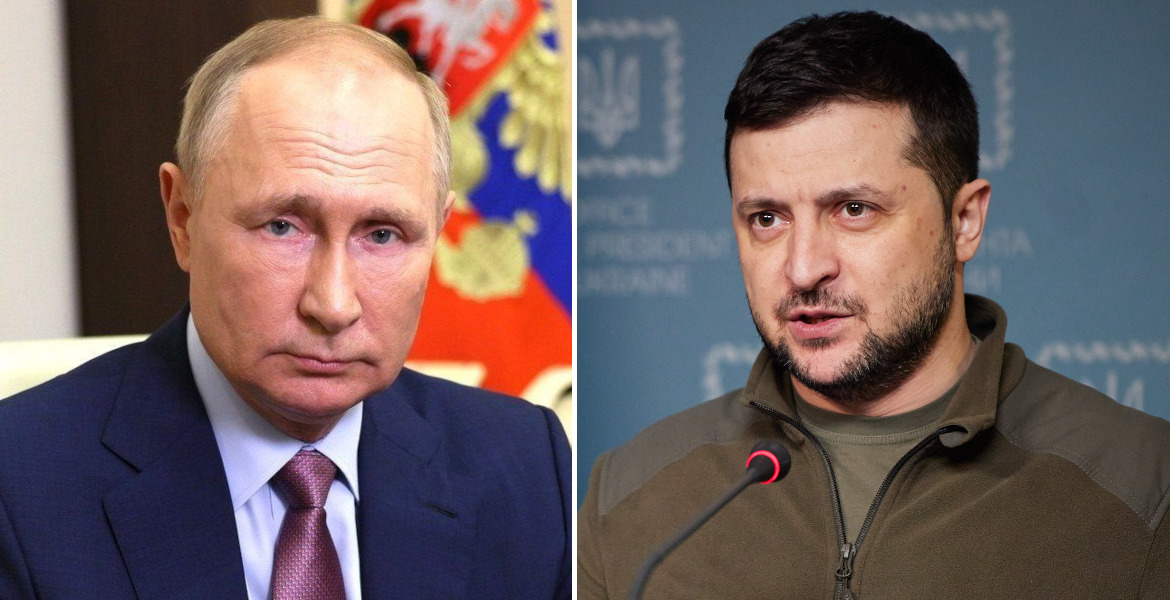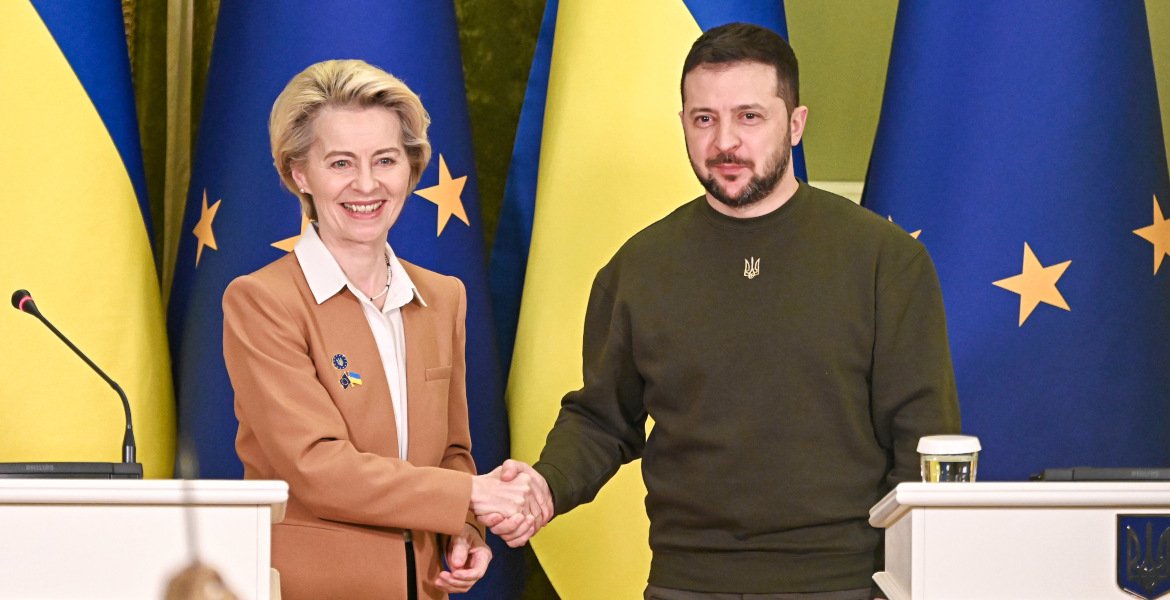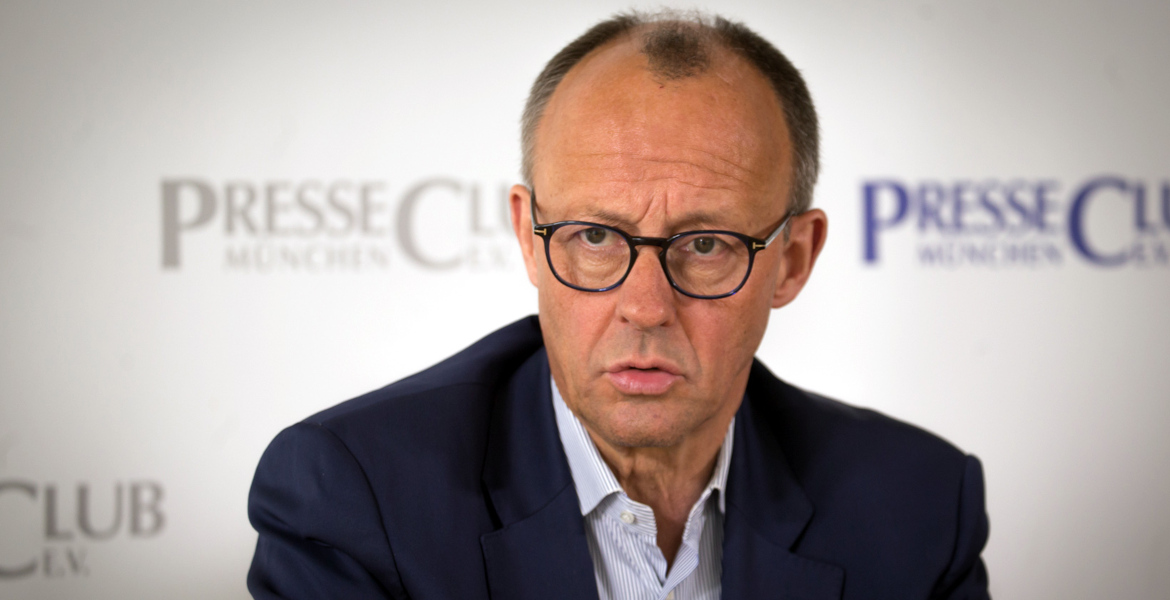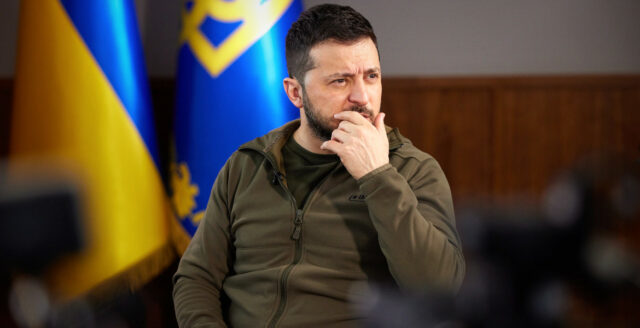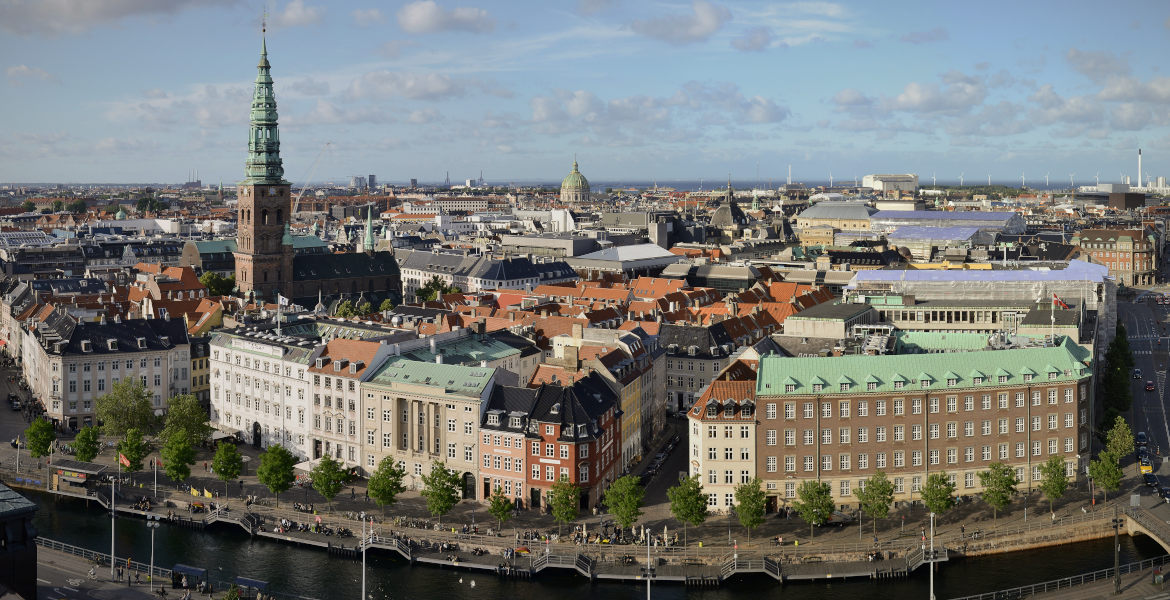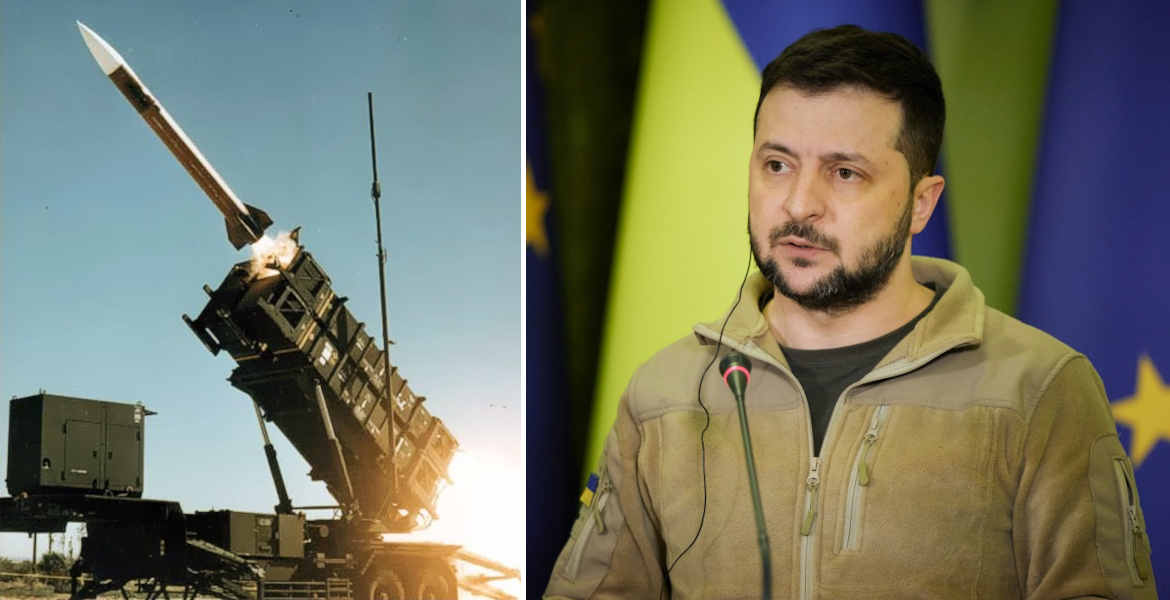Russia currently rules out a meeting between President Vladimir Putin and Ukrainian President Volodymyr Zelensky, unless the parties first agree on the draft of a finished memorandum. This was stated by Vladimir Medinsky, the Kremlin's lead negotiator in talks with Ukraine, in connection with the latest peace talks in Turkey.
Medinsky, one of the most prominent representatives of the Kremlin in the ongoing peace negotiations, emphasized that a personal meeting between the two leaders is only meaningful if they have already agreed on the terms of a peace agreement and are ready to sign it.
– There’s no point in meeting only to begin negotiations from square one, he said, referring to previous summits that in practice prolonged the conflict rather than resolved it.
He also brought up historical cases where heads of state only met to sign already negotiated agreements, not to initiate new processes.
As an example, Medinsky mentioned the Chinese civil war in the 1940s:
– Chiang Kai-shek constantly insisted on meeting in person to discuss everything. I believe they met five times, smiled, and posed for photographs, but it did not bring an end to the civil war. The core issues remained unresolved, and the war went on.
The Kremlin's spokesman, Dmitry Peskov, confirmed Medinsky's line and stated that Russia considers such a meeting relevant only when a final agreement is in place.
The statements come at a time when the question of a meeting between Putin and Zelensky is once again being discussed internationally as a possible path to peace in Ukraine.
Parties far apart from each other
Many diplomats and international actors, not least in the West, have for a long time advocated direct talks between the two leaders to break the diplomatic deadlock in the conflict.
Volodymyr Zelenskyj has previously expressed a willingness to meet Putin to discuss peace, but has also set demands including the withdrawal of Russian forces and confirmation of Ukraine's sovereignty as prerequisites.
Russia, for its part, has consistently demanded that the talks should be based on Russian security interests, including control over certain territories – something that the Ukrainian government rejects.
Medinsky's and Peskov's statements underscore that Russia does not see any immediate room for a summit as long as the fundamental prerequisites for peace are not already established, which makes the conditions for direct dialogue continue to be difficult.
